- - When Is Knee Replacement Recommended?
- - What Are the Benefits of a Total Knee Replacement?
- - What is the Best Type of Knee Replacement Surgery?
- - Turkey Luxury Clinics is your Ideal Destination!
Does knee osteoarthritis have an impact on your quality of life? Have conservative methods of treatment failed to provide any relief? If pain, stiffness, or limited range of motion is interfering with your ability to do the activities that you love the most, it may be time to consider a total knee replacement.
It's normal to have concerns about getting an artificial joint or feel anxiety about the surgery itself. Yet for most people, knee replacement is a total game-changer! It provides much-needed pain relief, improved mobility, and a better quality of life. And the best part? Most knee replacements can be expected to last at least 15 to 20 years!
When Is Knee Replacement Recommended?
It would be fair to say that osteoarthritis is the most common cause of requiring a total knee replacement. This is a degenerative joint disease where the protective cartilage around your joints wears down, leading to bone-on-bone contact and, eventually, pain, swelling and stiffness in the joint. There are other reasons for knee replacement, like rheumatoid arthritis or post-traumatic arthritis.
Many orthopedic surgeons start with non-surgical treatment methods, which include:
- Physical therapy
- Anti-inflammatory medications
- Cortisone injections
- Weight loss
- Activity modification (reducing high-impact activities)
However, if these approaches don't help you or if your condition gets worse, it may be the time to consult a surgeon for a total knee replacement.
What Are the Benefits of a Total Knee Replacement?
If you're struggling with severe pain and reduced mobility due to osteoarthritis, you're not alone. Total knee replacements are one of the most successful orthopedic procedures and can offer you a new lease on life! Here are the main benefits of knee replacement:
- Pain Relief: If you're dealing with chronic knee pain from arthritis, it can make it tough to walk, climb stairs, get a good night's sleep, and just get through the day. One of the main benefits of a total knee replacement is that it can really help reduce or even eliminate knee pain.
- Mobility Restoration: As your knee cartilage gets worn down from osteoarthritis, the surfaces get a bit rougher and the knee joint doesn't move as smoothly as it should. This can cause your knee to become stiff and painful. After a total knee replacement, you'll be able to move the joint more freely.
- Increased Independence: Being able to move around again is a big part of getting back your independence. Many people are able to take back ownership of their daily lives, move around freely, and return to hobbies and activities they enjoyed before, thanks to regaining mobility and independence.
- Deformity Correction: Knee replacement surgery can also be an effective solution for addressing deformities caused by osteoarthritis, rheumatoid arthritis, or injuries. These deformities can present challenges when it comes to walking or standing, which can in turn affect an individual's overall health and well-being. By replacing the damaged joint with an artificial implant, the surgery can help to correct these deformities, which may in turn result in an improved gait and posture.
- Healthier Living: If you're dealing with chronic pain and mobility issues, it can be tough to stay active. A knee replacement followed by physical therapy is a great way to get back to doing the things you love. It'll help you build strength and improve stability so you're less likely to fall. It'll also help you maintain a healthy weight. Eventually, you'll be able to return to the physical activities that bring you joy.
- Enhanced Quality of Life: One of the best things about getting a total knee replacement is that it can really improve your quality of life. Being able to say goodbye to pain means you can say hello to a better mood and outlook. As well as that, being able to move around more easily means you can get back to doing all the things you love.
- Faster Recovery Time: Thanks to advances in technology and surgical techniques, knee replacement surgeries are now more efficient and less invasive than they were in the past. This has led to a notable reduction in recovery time for patients, allowing them the opportunity to return to their daily routines at an earlier stage. With the help of physical therapy, patients can gradually regain strength and mobility in their new knee joint, allowing them to resume their regular activities with minimal downtime.
What is the Best Type of Knee Replacement Surgery?
Given the number of knee surgeries that are available, it can sometimes be difficult to determine which is the best option for your particular condition. We will take a look at the various types of knee surgery and do our best to help you understand which option may be the best fit for you.
- Total Knee Replacement Surgery (TKR): Total knee replacement surgery, which is also known as knee arthroplasty, is a procedure that has the potential to replace a damaged or diseased part of the knee joint. This surgery is sometimes advised for patients experiencing significant knee issues due to conditions such as severe osteoarthritis or other forms of joint degeneration.
- Partial Knee Replacement Surgery: A partial knee replacement is a surgical procedure that is similar to TKR in some ways, but differs in that it replaces only the damaged part of the knee joint, rather than the entire joint. This surgery may be an option for patients with localized damage, typically caused by osteoarthritis, in one part of the knee.
- Arthroscopic Knee Surgery: Arthroscopic knee surgery, or knee arthroscopy, is a minimally invasive procedure that utilizes a tiny camera, called an arthroscope, to gain access to the knee joint. This surgical procedure is a common diagnostic and treatment option for knee conditions such as torn menisci, loose cartilage, and damaged ligaments.
- ACL Reconstruction: The anterior cruciate ligament (ACL) in the knee can be affected by sports injuries or sudden movements, potentially leading to a tear or damage. ACL reconstruction surgery involves the replacement of the injured ACL with a graft, typically obtained from the patient's hamstring or knee tendon.
- Cartilage Repair/Transplantation: It is recommended that patients with damaged or missing cartilage in their knee joint undergo cartilage repair or transplantation surgery. This procedure involves repairing or replacing damaged cartilage with healthy tissue from another part of the knee or from a cadaver if that is the patient's preference.
Turkey Luxury Clinics is your Ideal Destination!
For most people, knee replacement is a total game-changer! It provides much-needed pain relief, improved mobility, and a better quality of life.
The American Academy of Orthopedic Surgeons (AAOS) reports that knee replacement surgery is one of the most successful procedures in all of medicine. In fact, approximately 790,000 total knee replacements are performed annually in the United States.
Contact Turkey Luxury Clinics today to speak with our experienced orthopedic team. They will be happy to provide you with a consultation on your case and recommend the optimal solution





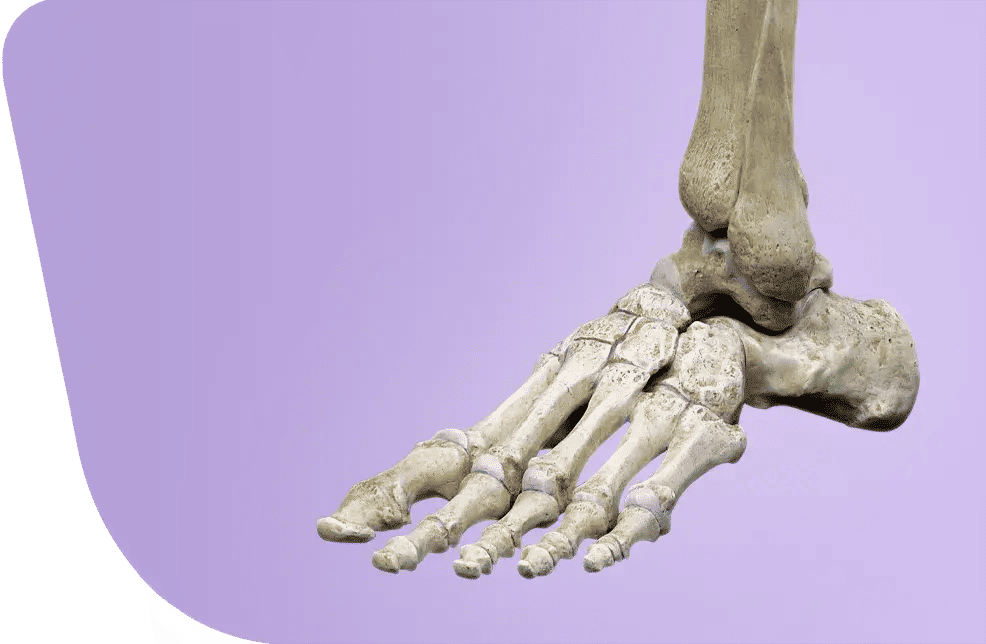
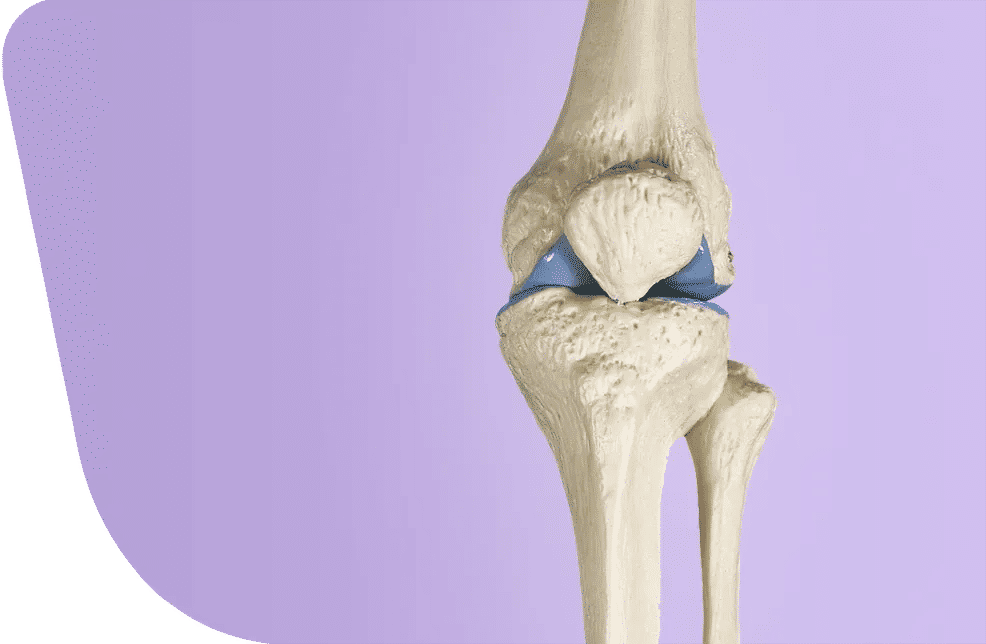
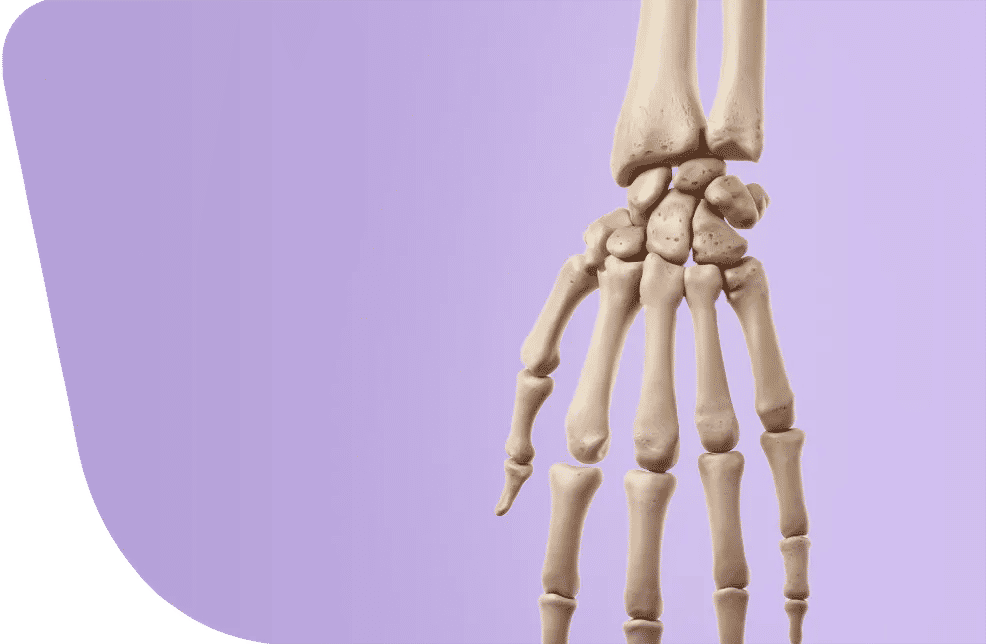
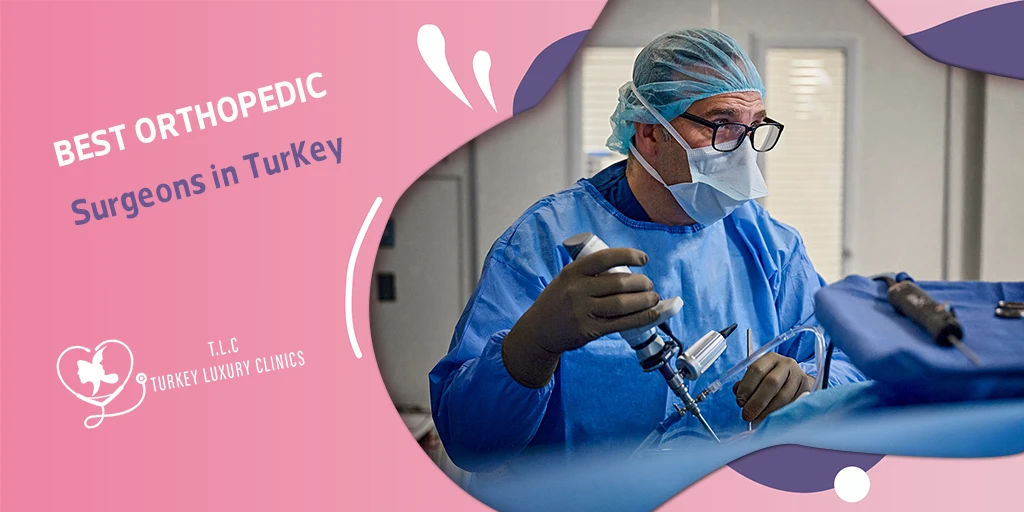
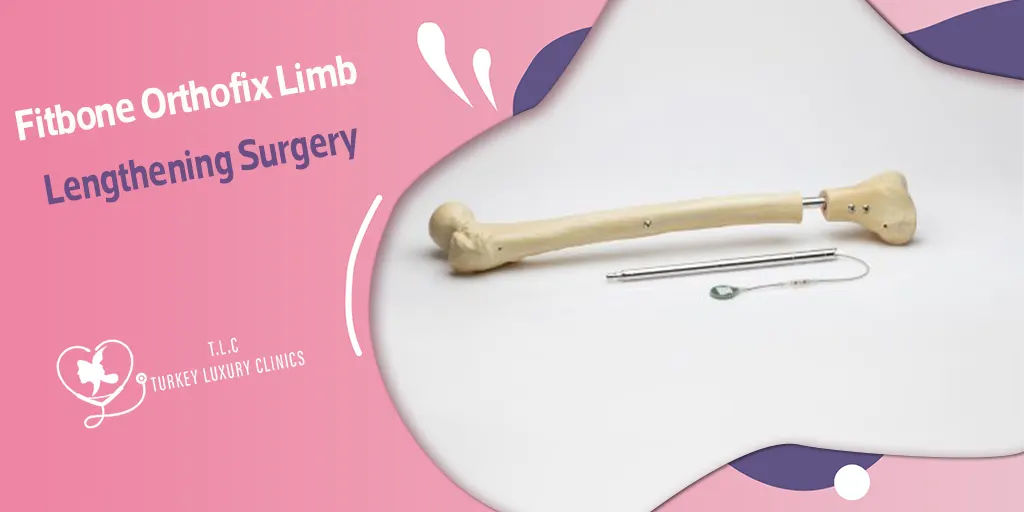




.webp)
.webp)
.webp)
.webp)

